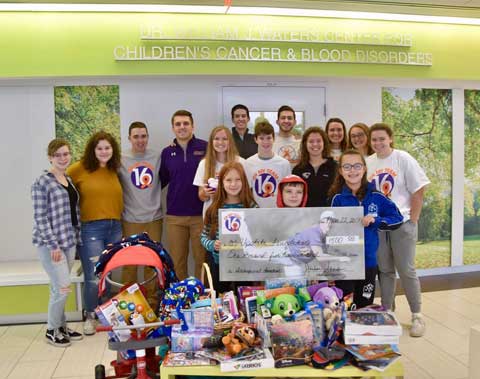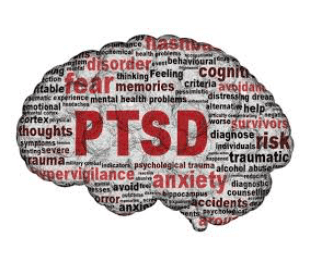If you were to ask a classroom full of children what their favorite part of the school day is, most would quickly declare, “recess” or “gym class.” Although children usually understand the importance of school and learning, play-time is always the most fun. Children are free to be creative in their games or sports, unrestricted by a curriculum. Throughout these games and social interactions with other children, they are learning integral life lessons and communication skills.
When a child is diagnosed with a life-threatening condition and admitted to the hospital, play-time takes the backseat. At On My Team16, our focus is to bring the childhood back to children who have long term stays in hospitals. Through birthday parties, sporting events, arts & craft days, art classes, sport related games and other fun activities, our goal is to bring a “kid-like” experience to their hospital visits and allow childhood to continue despite a cancer diagnosis.
A cancer diagnosis is hard enough to face, but having to give up a childhood because of it, is not something any child should have to do.
Importance of Play
There are several reasons that play time should be implemented into daily life of children residing in hospitals. Cognitively, play allows children to develop communication skills, problem solving skills and self-esteem. It is a form of self-expression and encourages creativity (Boucher et al). Play can allow children to feel as though their daily life is continuing, rather than being put on hold and can allow them to feel more in control of their current situation (Carmichael KD).
Giving children the opportunity to play can prevent regression to previous developmental stages. Regression can be expressed in a variety of ways depending on the child and their age, but can display as outburst of anger, continuous crying or continuous need for parental care. Play also allows children to express their feelings in a creative and fun way, rather than acting out.
Most importantly, giving children the opportunity to play in a hospital setting, allows them to develop friendships with others who have similar diagnosis, struggles and fears. As made evident, the need to bring back a childhood in the life of a pediatric oncology patient is fundamental to their development and their quality of life, which is why On My Team16 wants to donate more than just money.
Where do funds raised by On My Team go?
Our goals at On My Team16 are to enrich the lives of children battling cancer, who’ve had their childhoods stolen from them. We want to bring back as much of a “kid-like” experience as possible and create a positive experience in the midst of the toughest battle. Some examples of what the money will go towards are listed below:
-Athletes giving talks
-Sports related games donated to the hospitals
-Artists performing
-Goodie bags
-Board games
-Creative classes (knitting, pottery)
-Creating a “Pen-Pal” system between children at different hospitals
-Arts and crafts for the children
…and the list continues to grow!
Although there are many charities that donate their funds to cancer research, On My Team16 is more than just a charity that raises money for pediatric oncology wards. Funds raised are solely dedicated to making children’s lives better during their stay in hospital and throughout their battle with cancer.
As stated by the founder of On My Team16, Jordan Sheridan, “the mission of OMT16 is to make sure that every child impacted by cancer feels as if they are a part of something bigger and gets the care and treatment they deserve. They are on OUR team and together WE are all fighting their battle. On My Team16 is dedicated to raising funds to enrich the lives and experiences of children battling cancer”.
OMT16 will be making its first donation to Golisano Children’s Hospital around Thanksgiving of this year. Please consider joining with us today! Donation’s can be made on the donation page at onmyteam16.com. Thank you so much in advance for your support!
Carmichael KD. Play therapy: An introduction. Glenview, IL: Prentice Hall, 2006.
Reddy L, Files-Hall T, Schaefer CE. Empirically Based Play Interventions for Children. 2nd Ed. Washington DC: American Psychological Association, 2005.





Leave A Comment